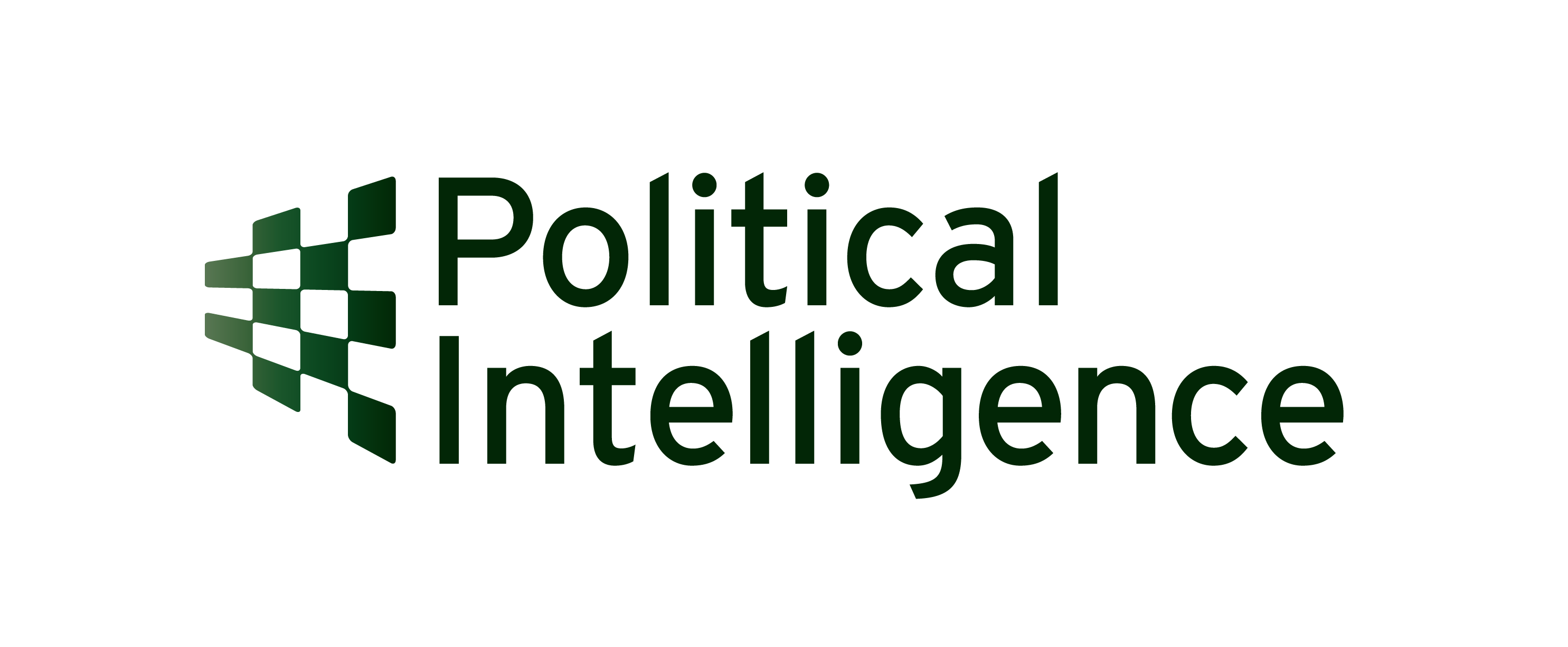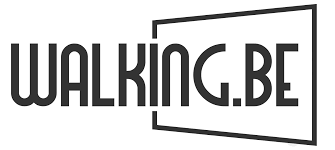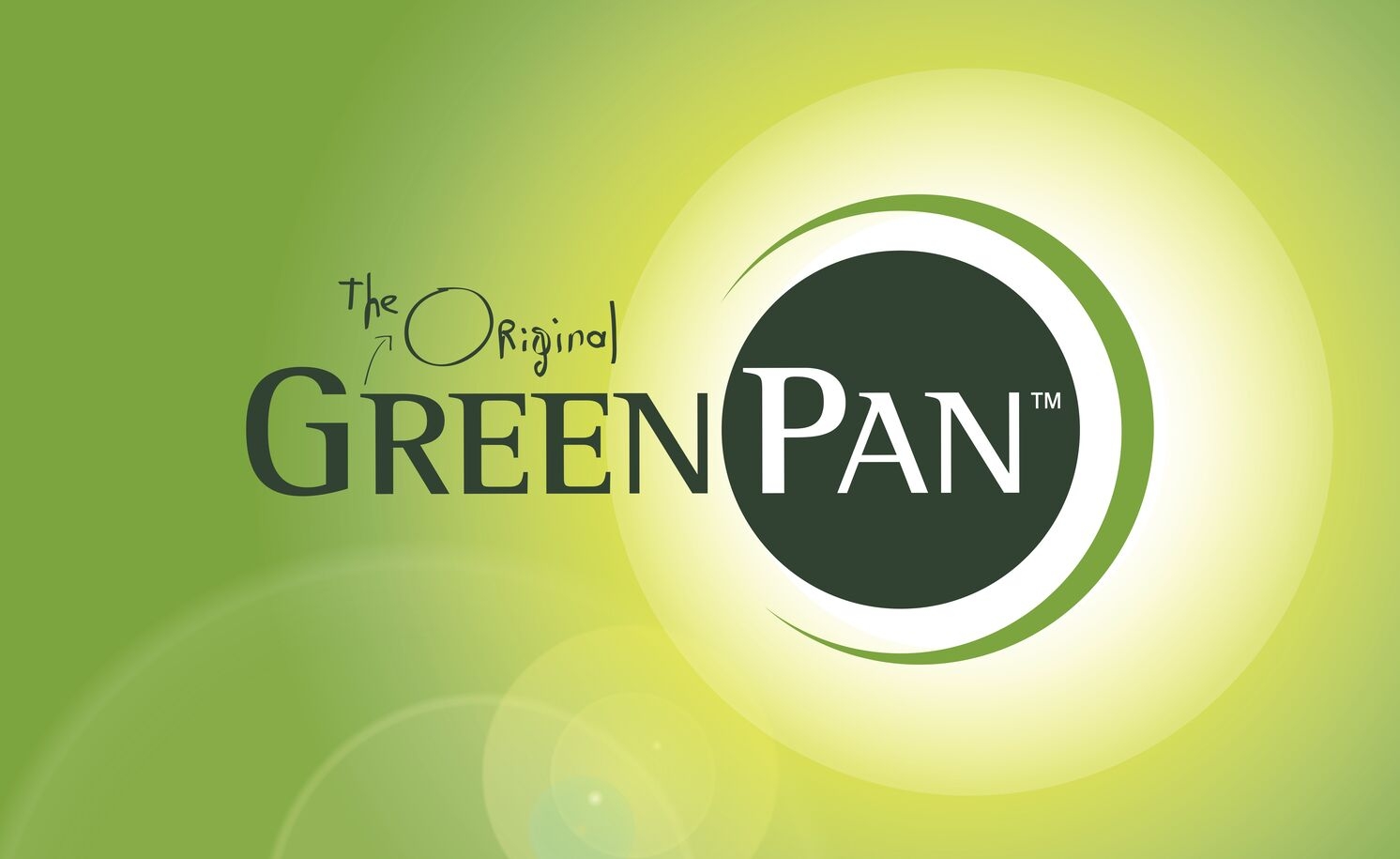Comeback at work with the right information and customized support

It is best not to wait to broach the subject of work until treatment is complete. Ideally, this should happen earlier, even during the care phase. Saskia Decuman, responsible for the disability knowledge center at the Riziv, is also of this opinion. "It is not the intention to put pressure on patients or send them to the workplace at a time when they are not yet ready," she emphasizes. "But we know by now: the longer you wait to talk about work and work resumption, the harder it becomes to reintegrate people."
Concrete guidelines
Working is important, and not just to keep the economy going. A job gives routine and structure to your life. It provides social contacts and makes you feel like you are doing your part in society. For many people, a job is also synonymous with self-development and is a piece of their identity. And for everyone, it brings in money. This can also be a motivator during and after cancer to take up your job again: apart from the fact that work provides distraction and can make you forget for a while that you are or were ill, being on sick leave for a long time is often financially not very evident. The disability knowledge center investigates the best way to tackle this return to work.
Building on the research findings of Huget Désiron and her team, concrete guidelines are being developed that care providers can work with. Saskia Decuman: "Today, 'care' and 'work' are often still two different sectors that do not or hardly cooperate or coordinate with each other. It would be good if the map of reintegration were already drawn during the care phase in the hospital, tailored to the patient's situation. This can be done, for example, by proactively offering basic information. If people know what their options are, they can also shift gears faster once they start thinking about returning to work. For example, you can ensure that patients know that there is the possibility of taking up their job part-time, or that they are entitled to support, for example in the form of job coaching."
Job coaching
"A job coach is there for people who want to resume work at some point, but the coaching process normally starts already during the phase of disability," explains Saskia Decuman. One of the organizations active around job coaching is Rentree*. This initiative focuses specifically on working during and after cancer. A coach from Rentree looks together with the patient for answers to questions and uncertainties about working after cancer and provides information about possibilities, rights and obligations. There is also help and support in resuming work itself and even in the search for a new, suitable job, if necessary. The Rentree job coach also provides tips for dealing with side effects such as fatigue or concentration problems, and for communicating well with the employer and colleagues.
*Note: Rentree coaches are active in every Flemish Province. Rentree is managed by Sterpunt Inclusief Ondernemen and VDAB. The coaching is free and only in Dutch.
Continue reading

Returning to work after breast cancer

Our breast reconstructions are world class


.png)












.png)
















